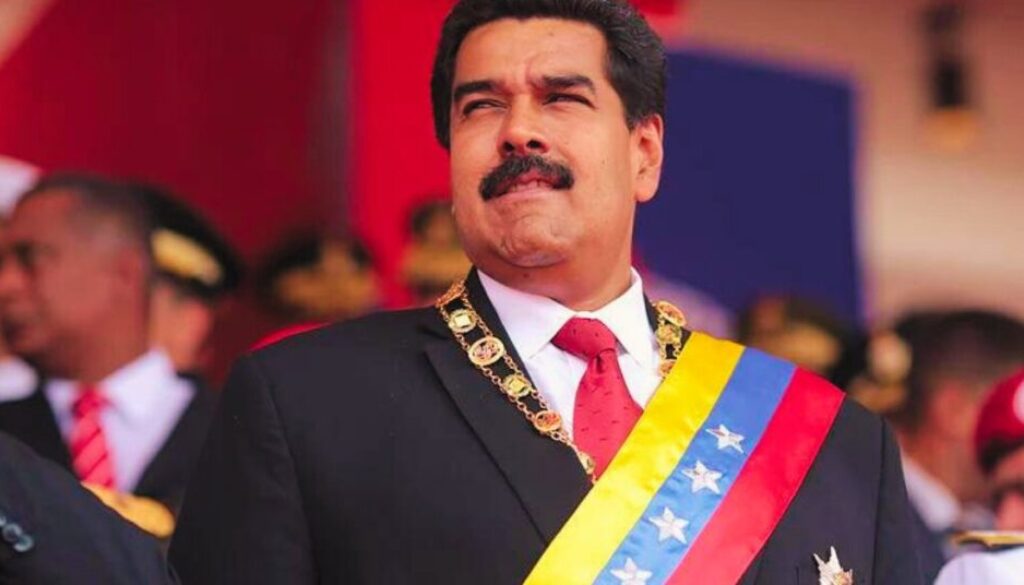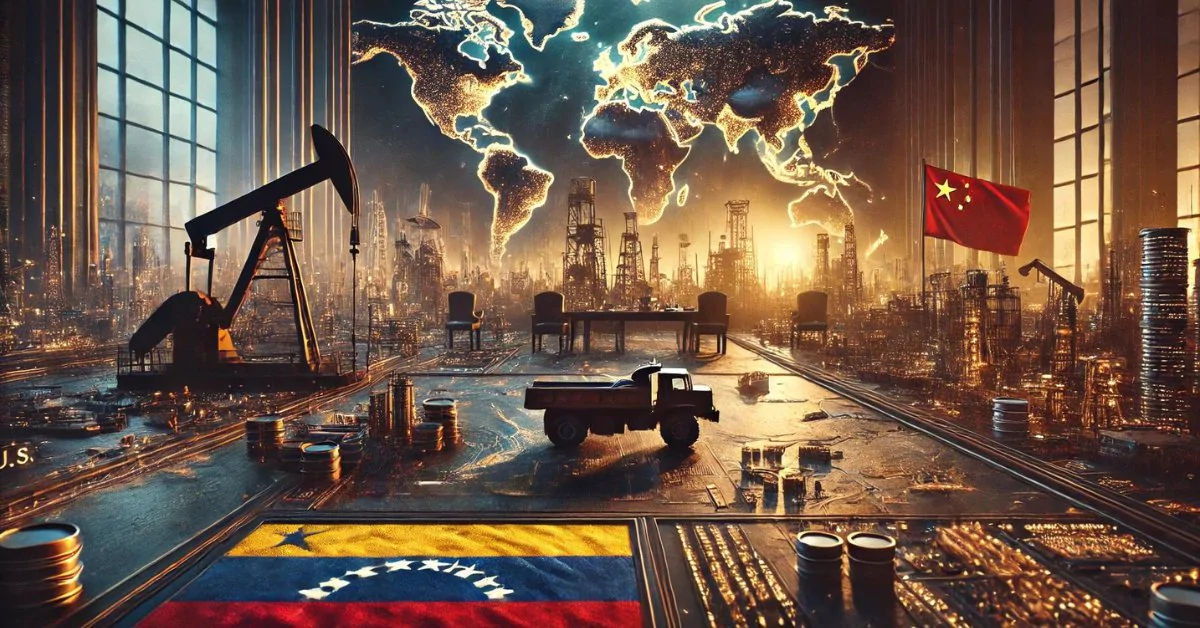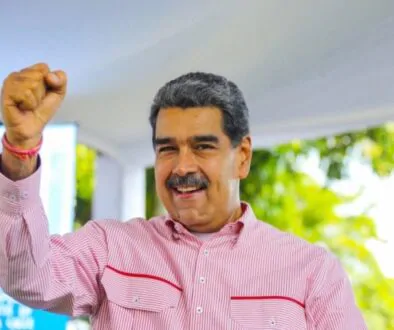Nicolás Maduro: Navigating alliances and global tensions in 2024

English
Español (Spanish)
简体中文 (Chinese (Simplified))
हिन्दी (Hindi)
Português (Portuguese (Brazil))
Français (French)
Deutsch (German)
As the world grapples with geopolitical shifts, Nicolás Maduro, Venezuela’s embattled leader, has become a focal point of both intrigue and controversy. His recent maneuvers on the global stage, particularly his strategic alignment with China, reveal not only a survival tactic but also a bold attempt to redefine Venezuela’s role in the international order.
A strategic alliance with China
In a world increasingly polarized by East-West tensions, Maduro has pivoted towards China, forging what has been termed an “all-weather, enduring strategic partnership.” This alliance, reminiscent of China’s ties with Pakistan, signals a deepening bond that transcends mere economic collaboration. During a recent state visit, Maduro secured agreements that would anchor Venezuela’s economy to China’s Belt and Road Initiative. This move effectively ties the future of Venezuela to China’s geopolitical ambitions, offering Beijing a foothold in the American hemisphere.
For China, this partnership is a calculated play in the global chess game against the United States. Venezuela’s vast oil reserves and its strategic location make it an attractive ally as China seeks to counterbalance U.S. influence in the region. The partnership is mutually beneficial—China gains access to important resources, while Maduro garners much-needed economic support to sustain his regime.
However, this relationship comes at a cost. Venezuela’s increasing reliance on Chinese investments, particularly in energy sectors denominated in renminbi, underscores a shift in economic dependency, which might see the country’s sovereignty eroded in favor of Beijing’s interests (EL PAÍS English) (CSIS).
Domestic and international pressures
Maduro’s domestic position remains precarious. Despite his declared victory in Venezuela’s recent elections (2024), widespread allegations of electoral fraud and repression of opposition voices have marred his legitimacy.
Internationally, the pressure mounts. Western nations, led by the United States, continue to impose sanctions and advocate for a democratic transition in Venezuela. However, Maduro’s strategic alliances, particularly with non-Western powers like China and Russia, offer him a buffer against these pressures.
This geopolitical tightrope is not without its risks. Maduro’s decision to align with China has drawn the ire of Western nations, further isolating Venezuela on the global stage. Yet, within the broader context of a shifting global order, this alignment could offer Maduro a lifeline, ensuring his survival as a significant, if controversial, player in the region. The question remains whether this strategy will stabilize Venezuela or further entrench its isolation (EL PAÍS English).

The impact on the Venezuelan people
While Maduro’s international maneuvers capture headlines, the situation on the ground in Venezuela tells a more harrowing story. The country remains mired in a humanitarian crisis, with widespread poverty, food shortages, and a collapsing healthcare system.
For the average Venezuelan, these international alliances offer little immediate relief. Instead, they may signal a future where the nation’s economic decisions are dictated more by Beijing than by Caracas, raising concerns about the long-term implications for Venezuela’s sovereignty and the welfare of its citizens.
The dependence on China also has domestic repercussions. With much of Venezuela’s economy now intertwined with Chinese interests, any downturn in this relationship could have catastrophic effects on an already fragile economy. Additionally, the focus on securing international alliances may divert attention from the urgent need for domestic reforms and humanitarian assistance (CSIS).
The road ahead: A new world order?
As Maduro navigates these complex international waters, his rhetoric increasingly reflects a vision of a new world order, one where Western hegemony is challenged by rising powers like China. This vision, while appealing to some, particularly those disillusioned with Western interventions, also risks deepening the divides both within Venezuela and on the global stage.
In the coming years, Maduro’s Venezuela may become a case study in the broader geopolitical struggle between the United States and China, with the country’s future hanging in the balance. Whether Maduro’s gamble will pay off remains to be seen, but one thing is clear: his actions are reshaping not only Venezuela’s future but also the dynamics of global power.
Sources:
- El País. “New stage in Venezuela negotiations: Maduro takes a step forward.” August 2024.
- Center for Strategic and International Studies (CSIS). “Maduro’s Pivot to Xi amid Global Strains.” August 2024.
- The Hill. “For a peaceful transition in Venezuela, the Americas must unite.” August 2024.
- Time. “Where Venezuela Goes From Here.” August 2024.
- U.S. News. “Venezuela’s Maduro Accepts Proposal to Restart Direct U.S. Talks.” July 2024.

